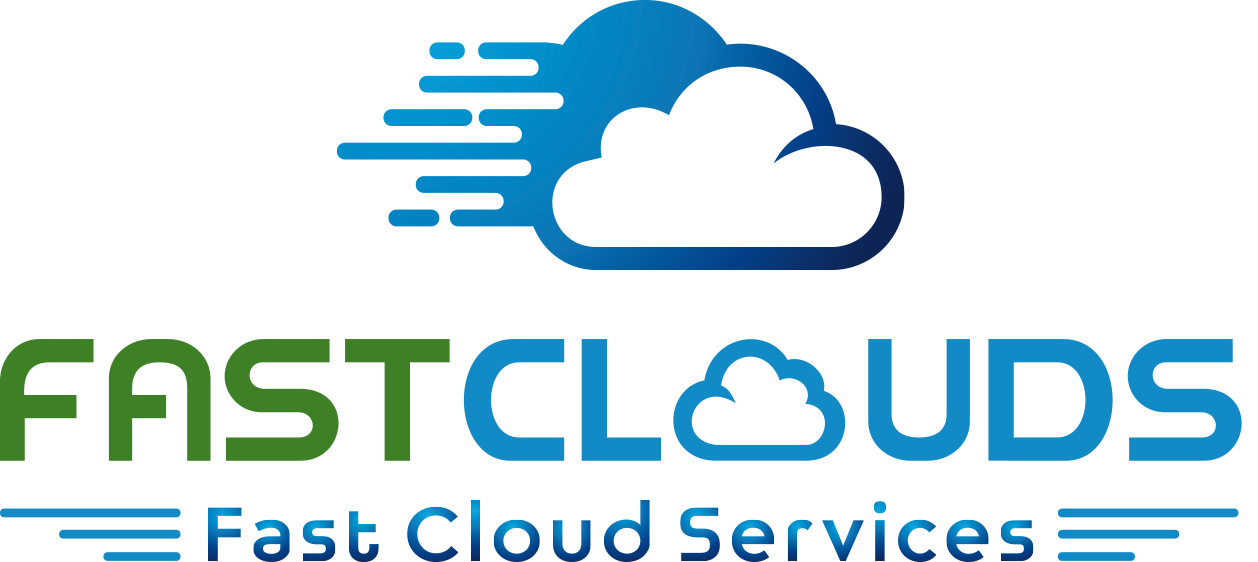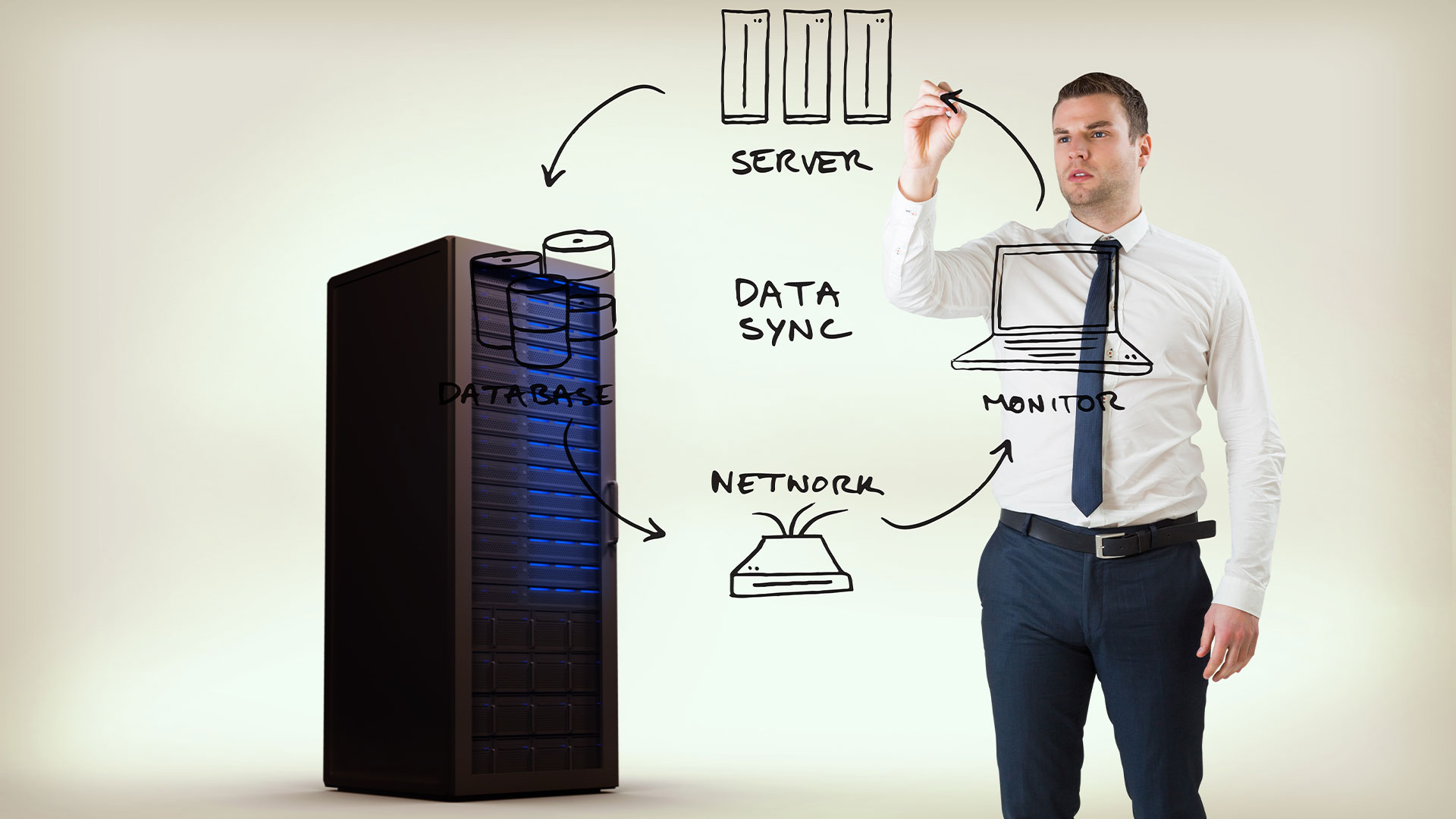How Large Enterprises Are Keeping Up with Modern Challenges
In the face of rapid technological advancements and the increasing frequency of cyber threats, network security has become a top priority for major companies worldwide. Attack methods are constantly evolving, requiring quick and effective adaptation to maintain data and infrastructure protection. In this article, we explore the latest developments in network security and how large enterprises can keep up with these trends to ensure the safety of their information and protect it from risks.
Current Challenges in Network Security
-
Advanced and Evolving Attacks
Large companies are facing threats such as Advanced Persistent Threats (APT) and Ransomware attacks, which rely on sophisticated techniques to infiltrate networks. These attacks can lead to the loss of sensitive data and significant financial losses.
-
Attacks on IoT Devices
As businesses increasingly rely on Internet of Things (IoT) devices, new threats emerge. Attackers exploit vulnerabilities in these devices to breach internal networks.
-
Insider Threats
Security risks are not limited to external attacks; they also include insider threats from employees or partners who may intentionally or unintentionally expose data to risk.
-
Regulatory Challenges
Security regulations, such as the General Data Protection Regulation (GDPR) and healthcare information protection laws, require large companies to adapt to complex requirements to ensure compliance and data protection.
Latest Developments in Network Security
-
Protection Using AI and Machine Learning
Artificial Intelligence (AI) and Machine Learning (ML) technologies are among the most prominent solutions for detecting unusual patterns in data traffic.
- Early Attack Detection: These technologies can analyse data in real-time to quickly identify suspicious behaviours.
- Self-Response Systems: AI enables the development of automated response systems capable of dealing with attacks as soon as they occur.
-
VPNs and Secure Connections
VPN networks have become more advanced, utilizing advanced encryption techniques to ensure data confidentiality while being transmitted over public networks. They can also be integrated with Multi-Factor Authentication (MFA) for enhanced security.
-
Cloud Security
With large companies increasingly relying on cloud solutions, cloud security has become paramount.
- Strong Data Encryption: Encrypting data stored in the cloud ensures unauthorized parties cannot access it.
- Identity and Access Management (IAM): These tools give businesses the ability to control precisely who can access sensitive data.
-
Next-Generation Firewalls (NGFW)
Next-Generation Firewalls provide advanced solutions for inspecting data and application content, ensuring comprehensive protection against complex threats.
-
Behavioural Analysis
Behavioural analysis is used to monitor the behaviour of users and applications within a network, helping identify abnormal changes that may indicate an ongoing attack.
-
DDoS Mitigation Technologies
Distributed Denial of Service (DDoS) attacks are increasingly common in large enterprises, but cloud-supported security technologies have become more capable of detecting and handling these attacks faster and more effectively.
How Large Enterprises Keep Up with the Latest Network Security Developments
-
Continuously Updating Security Systems
To stay aligned with the latest developments in AI, Machine Learning, and cloud technologies, large companies must continuously update their security infrastructure. Regular updates help minimize vulnerabilities and ensure a quick, effective response to advanced attacks.
-
Training Technical Teams
Training employees on best security practices is crucial, especially when dealing with evolving threats such as social engineering and targeted email attacks. Training should also cover how to use security tools effectively and respond swiftly in emergency situations.
-
Integrating Security Tools
To provide multi-layered security, companies should use interconnected security tools, such as advanced firewalls, intrusion detection systems, and antivirus software, to ensure comprehensive and advanced protection.
-
Implementing Advanced Security Strategies
Large enterprises rely on strategies like Security by Design, which integrates security into every phase of network and application development, helping prevent security gaps before systems are deployed.
-
Continuously Analysing Risks
It is essential for businesses to conduct regular risk assessments to identify potential vulnerabilities in their systems. These assessments help in taking proactive measures to ensure network security and protect against increasing threats.
Conclusion
Network security has become the cornerstone for ensuring business continuity and protecting against growing cyber threats. With the ongoing technological advancements such as AI, behavioural analysis, and cloud security, large companies can strengthen their defences against a variety of threats.
To stay ahead of these developments, companies must continuously update their security strategies, invest in advanced security tools and technologies, and train employees regularly to safeguard sensitive data and maintain network security.





